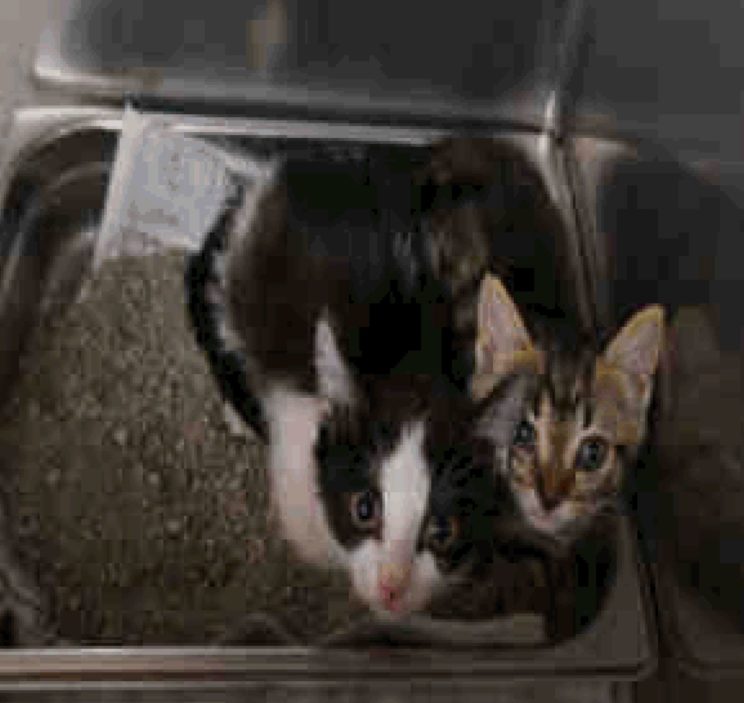
New legislation introduced in Virginia once again seeks to put PETA and other pet slaughterhouses in the state out of the killing business. SB 304 would require “shelters” in Virginia to maintain a minimum 50% placement rate or lose their ability to “purchase, possess, or administer” sodium pentobarbital, the barbiturate PETA and others use to kill animals.
PETA’s killing has claimed 39,276 known victims, including healthy puppies and kittens, often killed within minutes without ever being offered for adoption. In addition, PETA routinely takes animals to local pounds to be killed, but then counts them as “live releases.” Among those dead were eight week old kittens, 11 week old kittens, 13 week old kittens, six month old kittens, seven month old kittens, eight month old kittens, and 1 year old juveniles. Some of the cats killed were pregnant, resulting in the deaths of the kittens in utero from anoxia (oxygen deprivation) once the mothers were killed. They suffocated. Since none of these animals were counted in PETA’s kill statistics, their overall death toll is even higher.
The bill was introduced after the Virginia Department of Agriculture & Consumer Services (VDACS) allowed PETA to continue killing animals in violation of the spirit and intent of SB 1381, which overwhelmingly passed in 2015.
SB 1381 requires shelters to be “operated for the purpose of finding permanent adoptive homes.” Unfortunately, VDACS, the agency tasked with enforcement, has a history of bending over backward for the entities it is supposed to be regulating. For example, after PETA representatives trespassed on private property, stole a family’s dog, and killed her that very day in violation of state law, the agency fined PETA only $500, a fraction of the $50 million in revenues PETA took in.
Despite SB 1381, moreover, VDACS allows PETA to continue killing over 90% of all animals, while adopting out only 1%. It allows them to kill animals right away without offering them for adoption. They can still round up community cats to deliver them to their death at the local pound. All of which, according to employees, are standard operating procedure at PETA.
In a letter to the VDACS Board of Directors, I had requested that, consistent with SB 1381, “shelters” be required to “maintain a live release rate of at least 60% for impounded animals” as doing so “would result in quantifiable accountability and force the change at PETA the legislation was intended to foster.”
I also noted that, “This is still well below the Virginia average: Private shelters in Virginia combined saved 93% of dogs, 85% of cats, and 94% of rabbits and other animals… As such, it would condition PETA’s licensure as a private shelter to it behaving as one, with standard operating procedures already common to other private shelters in the Commonwealth.”.
VDACS refused.
Given their refusal, SB 304, introduced by Delegate William Stanley who also authored the original law, seeks to do just that.
Photo: PETA’s victims include these young and healthy kittens who were killed. In many cases, the kittens PETA seeks out are killed in less than 60 seconds of being impounded, with no effort to foster them or find them homes. In fact, they are killed so quickly, staff often do not bother to take photographs.
SB 304 is before the Senate Agriculture, Conservation and Natural Resources Committee. To save the lives of innocent animals like these, contact them and urge a Yes vote.
————-
Have a comment? Join the discussion by clicking here.